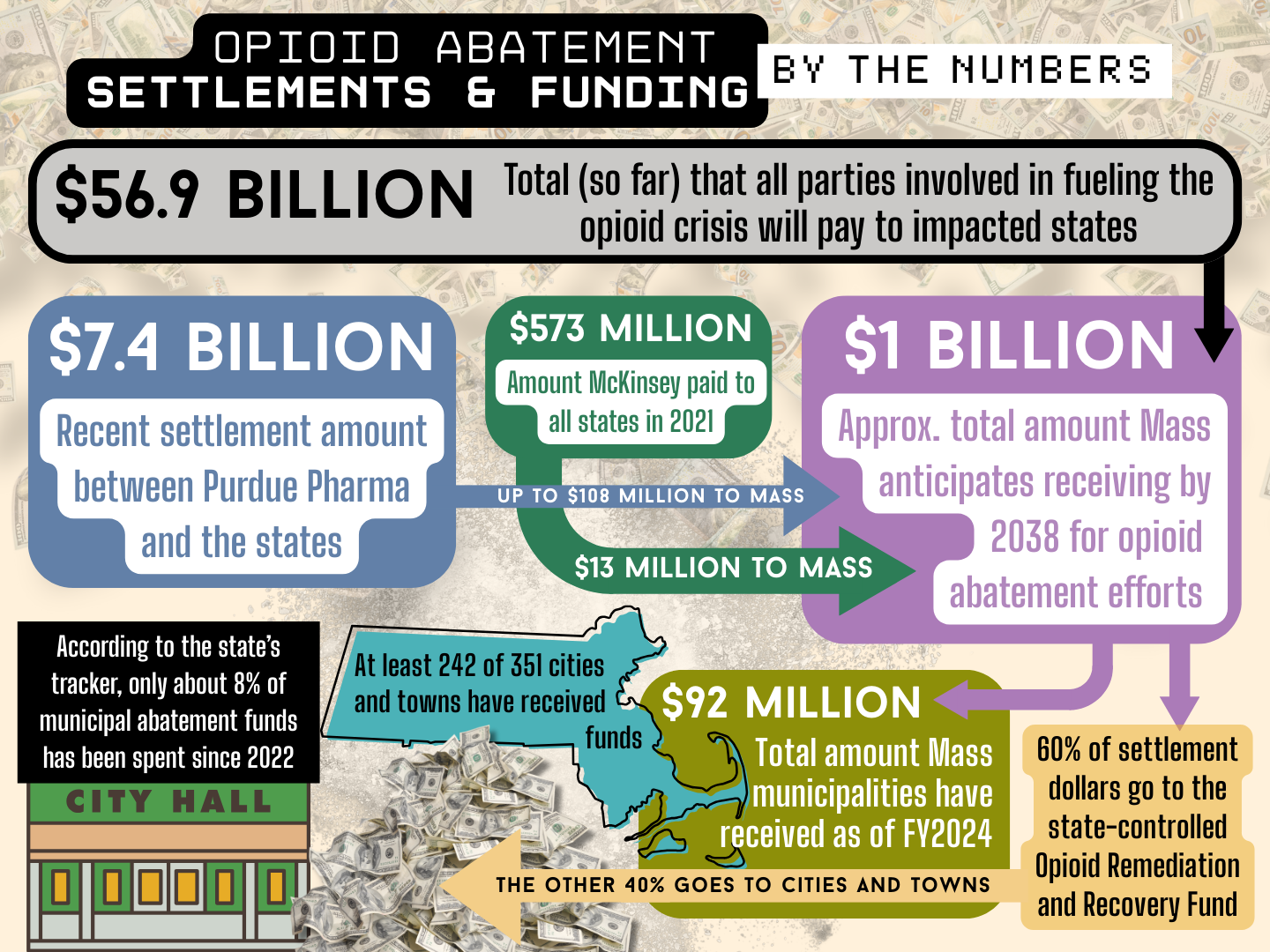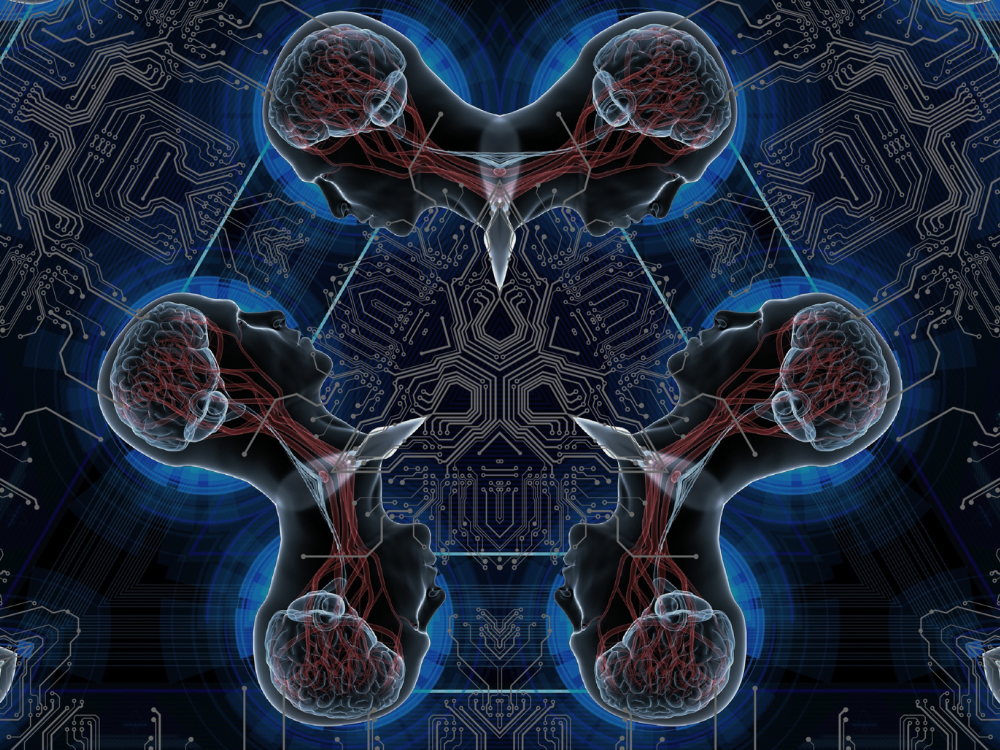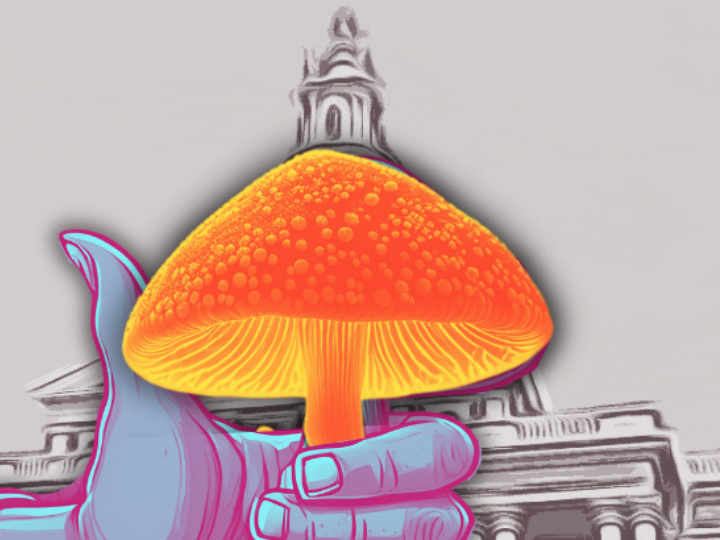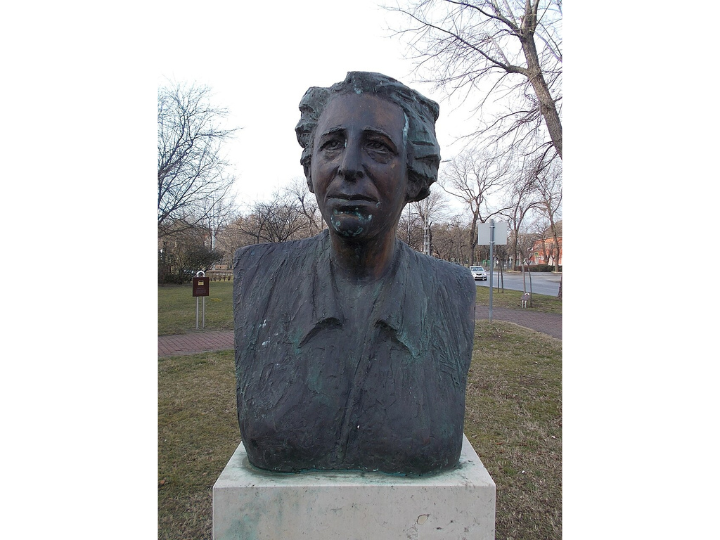Psychedelic-assisted therapy is one approach, but we need to create an ecosystem of options including peer-led support and community-based mental health care
Read the Boston Institute for Nonprofit Journalism investigation into how municipalities are spending opioid settlement funds here
The opioid crisis stole lives, shattered families, and exposed the cracks in our systems. Now, as someone who has worked on the front lines of healing, I see this moment for what it is: a rare second chance to get it right.
Massachusetts is receiving hundreds of millions in opioid settlement funds—money meant to repair some of the deepest wounds left by a crisis that has touched nearly every family in this state. Cities and towns are already beginning to decide how to spend these funds. But here’s the hard truth: if we’re not radically intentional, we’ll waste this opportunity repeating the same failed approaches—more punishment, more prescriptions, and more decisions made without the people most directly affected.
Across the country, opioid settlement funds are being funneled into law enforcement tools like jail scanners and police dogs. Meanwhile, the grassroots programs that are actually keeping people alive—harm reduction, peer recovery, housing-first services—are left scrambling for scraps. We can’t let that happen in Massachusetts.

Let’s be clear: recovery is not one-size-fits-all. Yes, medications like methadone and Suboxone have helped many. But they’re not the only path forward—and they’re not without risk. If cities are willing to invest millions into long-term pharmaceutical maintenance, why aren’t they also funding approaches that are less addictive, more empowering, and holistically grounded?
Psychedelic-assisted therapy is one such approach—one that’s gaining momentum across the country and right here at home. Institutions like Massachusetts General Hospital are leading research into how psilocybin and MDMA can treat depression, PTSD, and even substance use disorders. The results so far are promising. These medicines, when used with care and support, can help people reconnect to purpose, community, and self—healing that goes far deeper than symptom suppression.
But psychedelics aren’t for everyone. And they shouldn’t have to be.
We need to create an ecosystem of options that includes: peer-led support and recovery coaching; community-based mental health care; holistic healing spaces that center culture, trauma, and identity; nutritional therapy, art therapy, spiritual care, and safe housing; psychedelic education and integration groups for those who choose that path.
Real healing means real choice. It means we stop pushing one “approved” model and start resourcing what actually works for different people.
And above all, it means that those most affected must have a seat at the table. The people living this reality—people in recovery, people who use drugs, those navigating loss and grief, frontline harm reduction workers—shouldn’t have to fight to be heard. They should be driving the conversation. Anything less is performative.
Here’s what needs to happen next:
- Mandate lived-experience representation in all municipal advisory boards on settlement funds.
- Ensure transparency. Every dollar should be traceable, with clear reporting on impact. Invest in healing, not more surveillance or incarceration.
- Fund a wide spectrum of services, from Suboxone to shamanic healing circles, from sober housing to plant medicine integration.
This is a once-in-a-generation opportunity to reimagine recovery. To stop managing people and start actually supporting them. If we lead with honesty, equity, and courage, Massachusetts can be a national model—not just for crisis response, but for community repair.
We’ve tried shame. We’ve tried silence. We’ve tried surveillance. It’s time to try healing.






